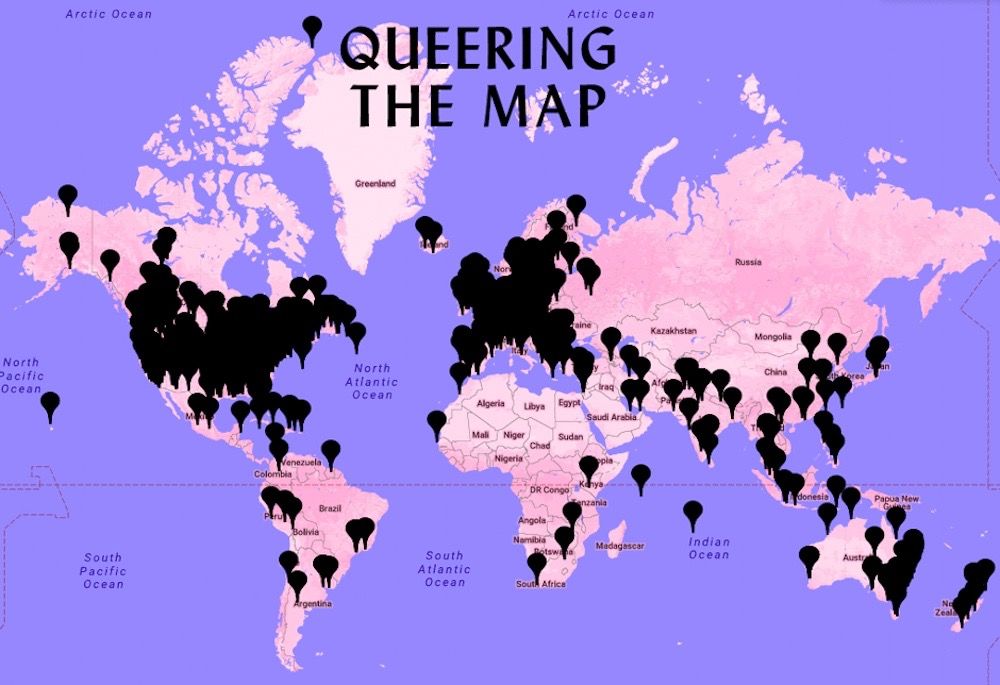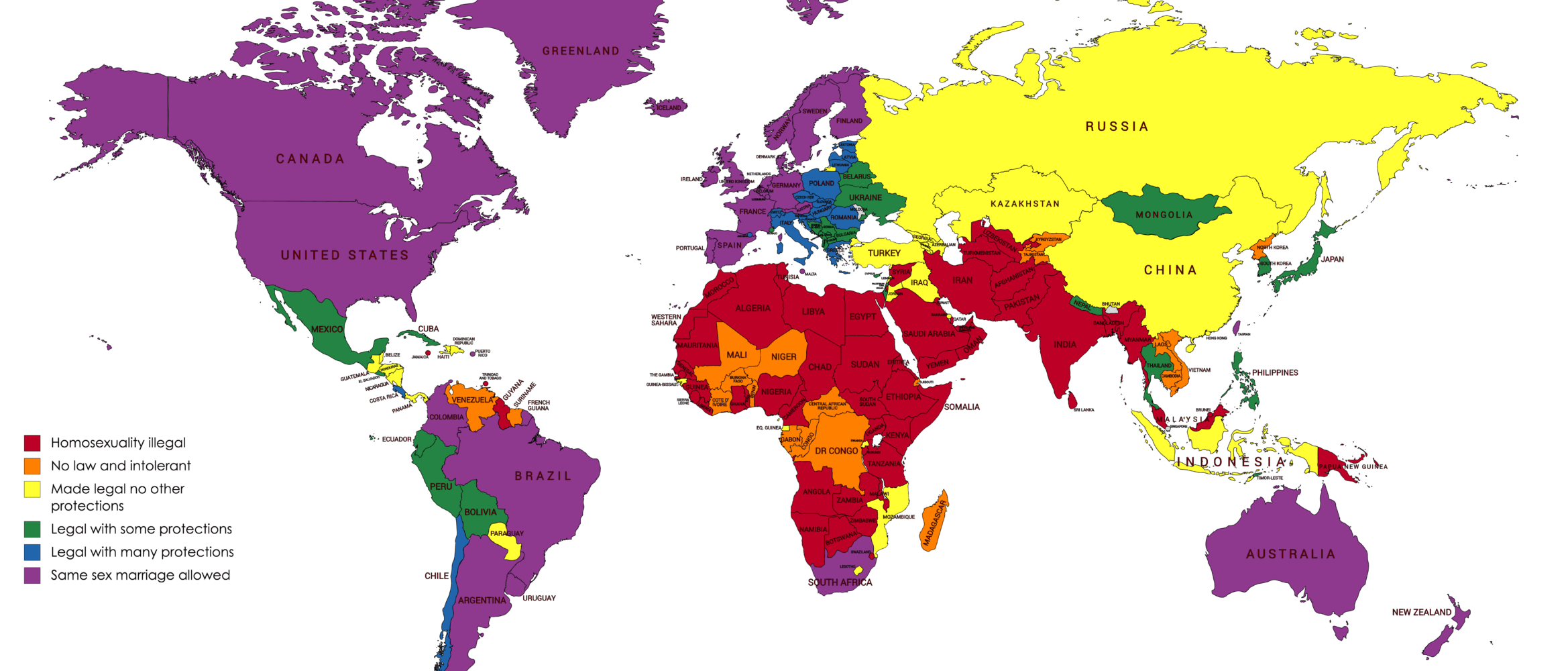L’AUTRE CERCLE est une association de professionnels LGBT (Lesbienne Gay Bi et Trans, et leurs ami-e-s), dont la vision est un monde professionnel épanouissant, inclusif et respectueux de toutes les personnes dans toute leur diversité quelle que soit leur orientation sexuelle ou identité de genre.
Il n’est pas toujours facile de savoir par où commencer pour mettre en place une politique favorisant la diversité LGBT au travail. L’Autre Cercle propose 10 actions concrètes à mettre en place.
Pour aller plus loin, retrouvez diverses publications publiées par l’Autre Cercle :
Le Baromètre LGBT Autre Cercle-IFOP (2017) est une enquête précieuse qui a été proposée à toutes les entreprises et colectivités signataires de la Charte d’engagement LGBT de l’Autre Cercle et ouverte à tous leurs collaborateurs et collaboratrices, LGBT ou non.
Mon employeur fait sont Comig-Out (2016), disponible en commande met en lumière les retours sur expérience de 50 dirigeant-e-s engagé-e-s sur le thème de l’orientation et de l’identité sexuelle ou de genre.
Le Livre Blanc (2014) dresse un état des lieux de la situation des LGBT dans le monde du travail, des progrès et défis qui restent à relever pour un espace plus inclusif et une véritable conscience des bénéfices d’une politique de la diversité.
L’Autre Cercle vous accompagne dans vos politiques de diversité grâce à des offres de consulting et de formation. Il compte parmi ses partenaires IBM, Michael Page, Sodexo, Orange ou BNP Paribas pour ne donner que quelques exemples.
Last but not least, l’Autre Cercle propose une Charte d’Engagement LGBT, un cadre formel pour une politique de promotion de la diversité et de prévention des discriminations. Pour en savoir plus :
Marie-Hélène GOIX – présidente
- Par téléphone : 06.07.29.25.69
- Par courriel : presidence@autrecercle.org
Catherine TRIPON – porte parole
- Par téléphone : 06 80 28 44 67
- Par courriel : porte-parole@autrecercle.org


 On March 26, 2018,
On March 26, 2018, 
